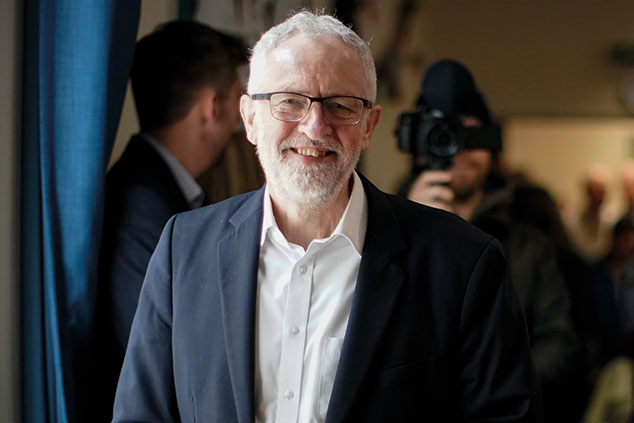
That means a “confirmatory referendum” only on what the Labour leader calls a damaging Tory Brexit, says Jim Pickard in the Financial Times, not on his preferred softer version of Brexit, which would involve a permanent customs union with the EU.
Labour has “always been split” between loyalty to its pro-European roots and fear of alienating working-class Leave voters, says James Blitz, also in the FT. But this time there are also differences over the party’s tactical goal in the European elections. Watson says Labour’s main goal must be to defeat Nigel Farage’s Brexit party, which it won’t do if it continues to “sit on the fence” over Brexit.
However, some Corbynites see a Brexit Party victory as an opportunity, says Will Hutton in The Observer. It would lead to a eurosceptic nationalist, probably Boris Johnson, taking over from May in the summer. He would argue for a no-deal Brexit, split the parliamentary Tory party and pave the way for a Labour election victory.
Given the disarray among the main parties and the fact that six million signed a petition for Brexit to be cancelled, “I find it remarkable that Change UK, the Lib Dems and the Greens have not made common cause to create an anti-Brexit alliance in what is effectively a ‘proxy referendum’ on 23 May”, says William Hague in The Daily Telegraph. The election now stands to be a reassertion of Brexit. This failure to unite also suggests that “if and when” a realignment of parties takes place”, Labour and Tories will pull left and right, with no real alternative left in the centre.